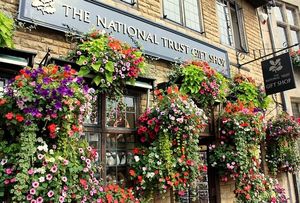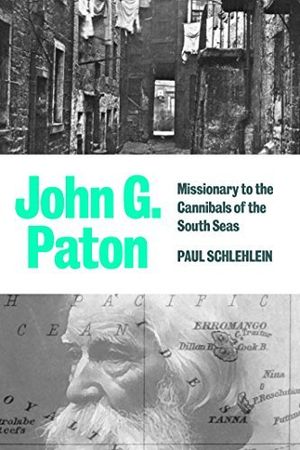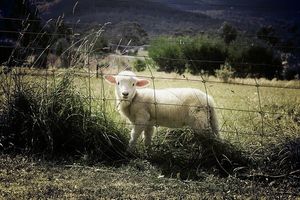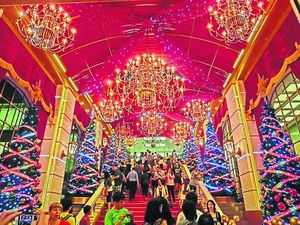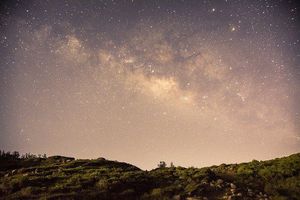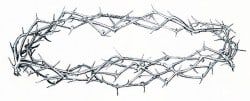This year marks the centenary of the National Trust for England and Wales. Begun in 1895 with 100 members and 5 acres of land, it now has over 2,000,000 acres of some of the most breathtaking and beautiful countryside in the land. It has become the foremost charity in the country. Recently, Sir Roy Strong – a former director at the Victoria and Albert Museum in London-suggested that for many people the church is being replaced by the National Trust as a source of spiritual strength. In what was perhaps a very perceptive insight he said the National Trust was ‘becoming the religion of heritage’.
In what has been called ‘the greening of our society’, environmental issues have become the most important priority for many people. Charities committed to the environment have experienced phenomenal growth in recent years. This is not to criticize the charities themselves. Many, including the National Trust, perform a valuable task. But in this process we ought to recognize that behind much of the fashionable emphasis on things green lies a rejection of God himself. Nature has replaced God as the object of worship. People have exchanged the truth of God for a lie, and worshipped and served the thing created rather than the Creator (Romans 1 :25).
For many, safeguarding our heritage has become synonymous with safeguarding the environment. It is here that the National Trust has scored. By amassing and preserving land and buildings of historic value or outstanding beauty, the Trust offers its members a promise of continuity, a hold on a better time in a world of chance and uncertainty. When people are unsure of the future they dwell on the husks of the past. Widespread disbelief in the gospel of Jesus Christ and a loss of confidence in the church to offer any message of hope has resulted in a general search for substitutes to fill the emptiness of absent faith. It is pagans then not too surprising that the membership of the National Trust now exceeds the figure given by Christian Research Association for the adult membership of the Church of England. On any Sunday from Easter onwards empty churches will contrast with packed National Trust tearooms.
For many people spiritual peace, personal salvation and divine worship have been replaced with solitude, scenery and Sunday spectaculars. It is ironic that as men and women are increasingly entranced with history, our nation’s religious heritage is succumbing to a religion of heritage. While we do not despise the old paths, let us be clear that swapping peace with God for a peaceful walk is a poor exchange in the context of eternity.

